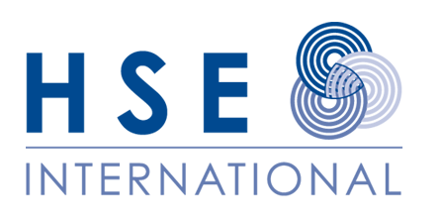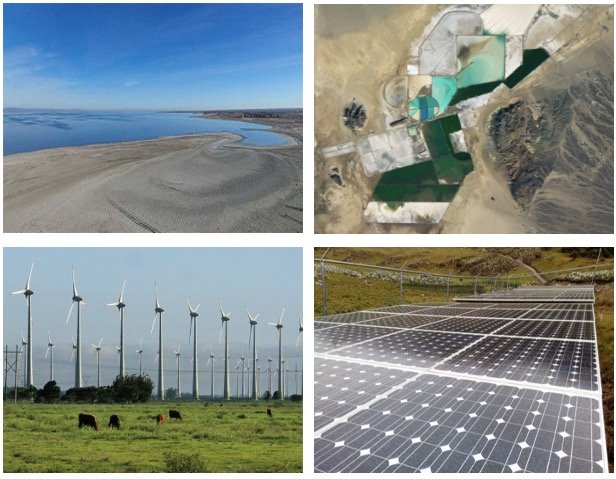I. Executive Summary:
In light of the growing significance of sustainable development within extractive industry projects, particularly those related to critical minerals and renewable energies essential for the energy transition, HSE International, LLC (HSE International) presents valuable insights to navigating the complexities of working in sensitive social and natural environments. This paper outlines HSE International's recommendations for fostering partnerships and ensuring sustainable development.
II. Introduction:
Sustainable development requires collaboration across sectors, and HSE International acknowledges the significance of partnerships in achieving positive outcomes. Drawing from years of experience, this paper compiles challenges, lessons learned, and proposes a process for achieving a collaborative framework for the development of critical resources that benefits all stakeholders.
III. Challenges and Lessons Learned:
1. Early Engagement:
Justifying resources to explore partnerships during project planning is challenging.
Allows for the exploration of desired outcomes and competency testing before formal agreements.
Increases the likelihood of mutually beneficial partnerships.
2. Common Interests:
Differences in understanding and perceived benefits hinder partnership exploration.
Emphasizing overlapping interests is crucial to higher quality positive outcomes.
Ensuring benefits outweigh burdens for all parties involved.
3. Community Participation:
Community involvement is essential for long-term sustainability of projects.
Successful alliances are structured around local activities with economic benefits.
Tangible benefits are key to community participation.
4. Institutional Participation:
Partnerships should complement government roles and investments.
Aligning with government focus avoids encroachment.
5. Roles:
Clearly delineate roles and responsibilities early to:
Avoid misrepresentation
Minimize redundancy, and
Optimize resources.
6. Commitment:
Dialogue should not be mistaken for genuine interest.
Ownership and responsibility stem from proportional contributions.
7. Capacity:
Different capacities among partners can hinder collaboration.
Training programs empower communities and institutions for sustainable development roles.
8. Governance/Operational Differences:
Administrative and operational differences complicate collaboration.
Flexibility is crucial; organizations should adapt to others' procedures.
9. Competition/Credit:
Competition may hinder partnerships; synergistic benefits should be prioritized.
Collaborative investment opportunities outweigh competitive gains.
10. Champion:
Partnerships require a champion organization(s).
Champions invest time and resources to demonstrate the full value of involvement.
IV. Collaborative Framework for the Development of Critical Mineral and Energy Resources
The concept of a collaborative framework aligns with the challenges and lessons learned, which in turn aligns with innovative business practices and Sustainable Development Goals.
Establishment Process:
Facilitate and participate in inclusive dialogs to develop the concept jointly with interested stakeholders.
Assess the feasibility of establishing a project-specific model.
Develop the framework Vision, Mission, Functions, Objectives and Processes.
Operationalize, review, and continuously improve the collaborative framework.
V. Conclusion
The collaborative framework proposed by HSE International serves as a strategic response to the challenges and lessons learned towards promoting and achieving sustainable development within extractive industry projects. By prioritizing inclusive stakeholder engagement, flexible processes, and a commitment to synergistic benefits, the framework provides a pathway for fostering successful partnerships. Through continuous evaluation and refinement, stakeholders can collectively contribute to the responsible development of critical resources, achieving a balance between economic progress, environmental preservation, and societal well-being.
For additional information, please contact us at info@hseinternational.com


